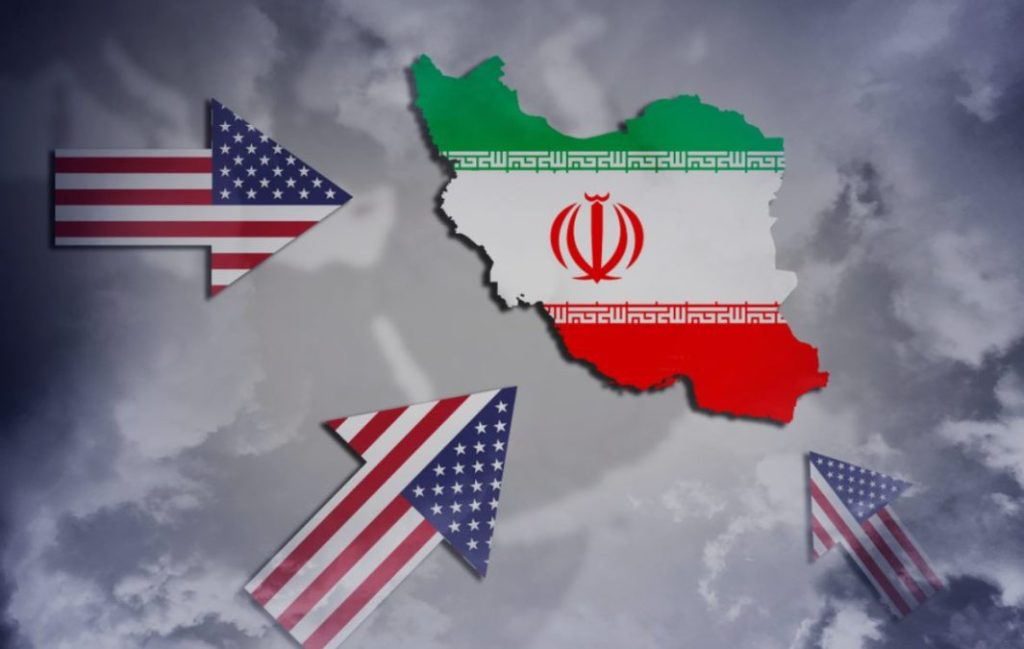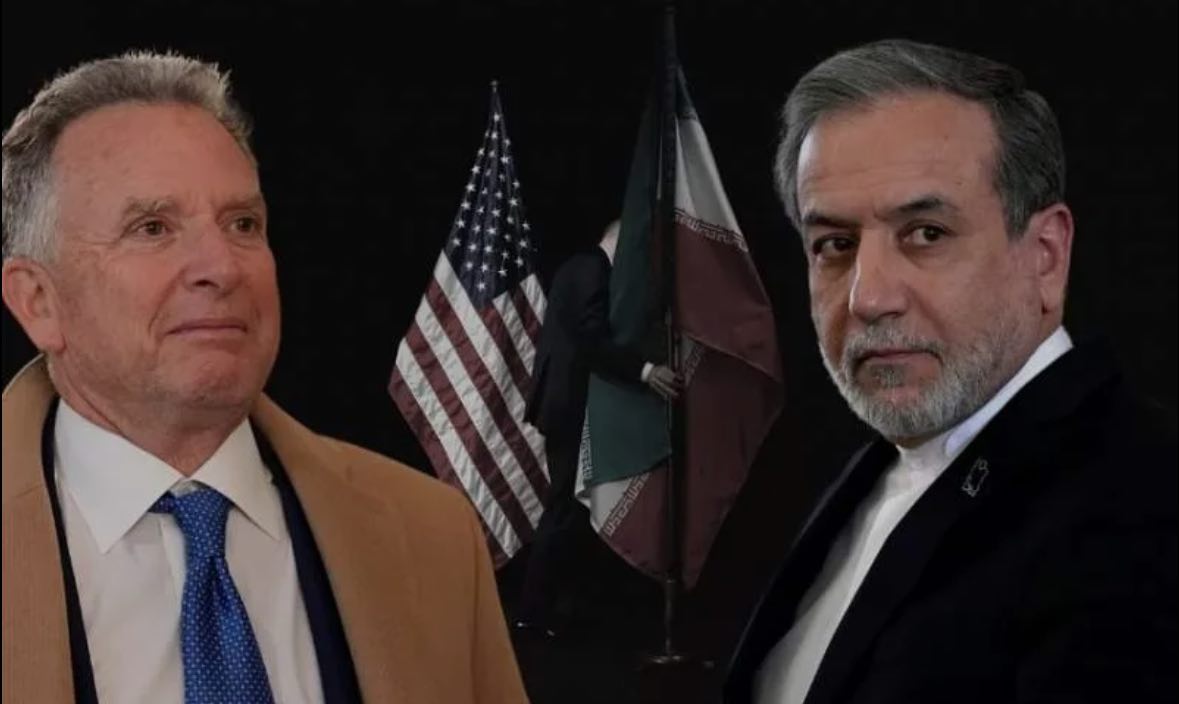Diplomacy in Limbo: Neither Negotiation Nor Confrontation
Diplomacy in Limbo: Neither Negotiation Nor Confrontation
According to Iran Gate News Agency, while months of relative silence have prevailed over Tehran-Washington relations, the recent visit of the Iranian Deputy Foreign Minister to Muscat and the increase in diplomatic contacts with Cairo have once again fueled speculation about fresh efforts to activate mediation channels. These movements, according to observers, indicate a gradual return of diplomacy to the forefront of Iran’s foreign policy, although simultaneously, Washington is pursuing its economic pressure policy with greater intensity.
Signs of Diplomatic Movements in Iran-Oman and U.S. Relations
While Iran’s foreign policy environment has been relatively stable with reduced overt activities in recent months, reports about the potential resumption of indirect talks between Tehran and Washington have once again attracted political observers’ attention.
These speculations coincide with the visit of a high-ranking Omani official to Tehran and the meeting of Majid Takht-Ravanchi, Iran’s Deputy Foreign Minister, in Muscat.
In contrast, some official sources, including Tasnim News Agency, have denied any official message being sent from the U.S. to Iran.
In a statement, Oman’s Foreign Ministry announced that Badr al-Busaidi, the country’s Foreign Minister, hosted Majid Takht-Ravanchi, and the two sides discussed regional and international developments within the framework of the eleventh round of Iran-Oman political consultations.
The statement emphasized the continuation of regular coordination between Tehran and Muscat and support for initiatives based on dialogue and peace. Observers assess this meeting as part of Oman’s traditional role in facilitating diplomatic communications between Iran and the United States.
Baghdad Al-Youm news site had claimed in a report that the United States sent an official message through Oman for the resumption of talks, a claim not confirmed by official Iranian sources. Tasnim News Agency, citing an informed source, denied and described it as incorrect.
Majid Takht-Ravanchi described his trip to Oman as short but fruitful upon his return and said that the relations between the two countries are based on mutual trust and regular consultations. He added that the nuclear issue was also a topic of discussion, and Iran’s positions were presented transparently.
Badr al-Busaidi, Oman’s Foreign Minister, also stated in a declaration after meeting with Takht-Ravanchi that the two sides exchanged views on developing bilateral cooperation and the importance of resolving disputes through dialogue.
Oman had previously played a mediating role in the negotiations leading to the 2015 nuclear agreement, and it now seems to be trying to revive this role once again.
The Simultaneous Role of Oman and Egypt in Diplomatic Movements
Alongside Oman’s activities, there are signs of increased diplomatic contacts between Iran and Egypt.
The Egyptian Foreign Ministry announced that Badr Abdel-Aty, the country’s Foreign Minister, had telephone conversations with Abbas Araghchi, Iran’s Foreign Minister, and Rafael Grossi, Director General of the International Atomic Energy Agency.
The focus of these contacts was to discuss Iran’s nuclear issue and support peaceful efforts to maintain regional stability.
Intensification of Economic Pressures by Washington

Simultaneously with these movements, Reuters reported that the United States has launched a new mission to intensify economic pressures against Iran.
John Hurley, U.S. Deputy Treasury Secretary for Terrorism and Financial Intelligence, is set to meet with officials from several countries, including the UAE, Turkey, Lebanon, and Israel, during his Middle East trip to discuss countering sanctions evasion.
Washington has stated that the aim of these actions is to ensure greater coordination in countering destabilizing activities in the region.
According to American sources, these actions are pursued within the framework of a maximum pressure policy designed to limit Iran’s financial resources.
In contrast, Tehran has repeatedly emphasized that its nuclear program is peaceful in nature and considers these pressures illegal.
Recent Positions of Tehran
Abbas Araghchi, Iran’s Foreign Minister, in an interview with Al Jazeera, emphasized that the country is ready to confront any threat and reiterated that Iran remains prepared for dialogue within a fair framework without unilateral preconditions.
He also ruled out any negotiations regarding Iran’s missile capabilities, stating that defense matters are not within the scope of political dialogues.
Araghchi, while mentioning the possibility of indirect negotiations with Washington, stated that Iran welcomes constructive engagement if balanced conditions exist. He also described the activation of the trigger mechanism by Europe as lacking legal basis.
Assessment of Developments and Future Outlook
International relations experts believe that recent movements in Muscat and Cairo could signal the beginning of a new phase in Iran’s regional interactions, although there is still no evidence of a change in the official policy of Tehran or Washington.
According to some analysts, the simultaneous occurrence of mediation initiatives and intensified economic pressures by the U.S. indicates a dual strategy towards Iran: maintaining the dialogue path alongside applying pressure.
Overall, despite the ambiguous atmosphere surrounding the resumption of talks, the continued mediating role of Oman and Egypt’s efforts to reduce tensions reflect signs of renewed activity in regional diplomacy.
Whether this process leads to effective dialogues or remains at the level of preliminary contacts will depend on the political will and flexibility of the involved parties in the coming months.

